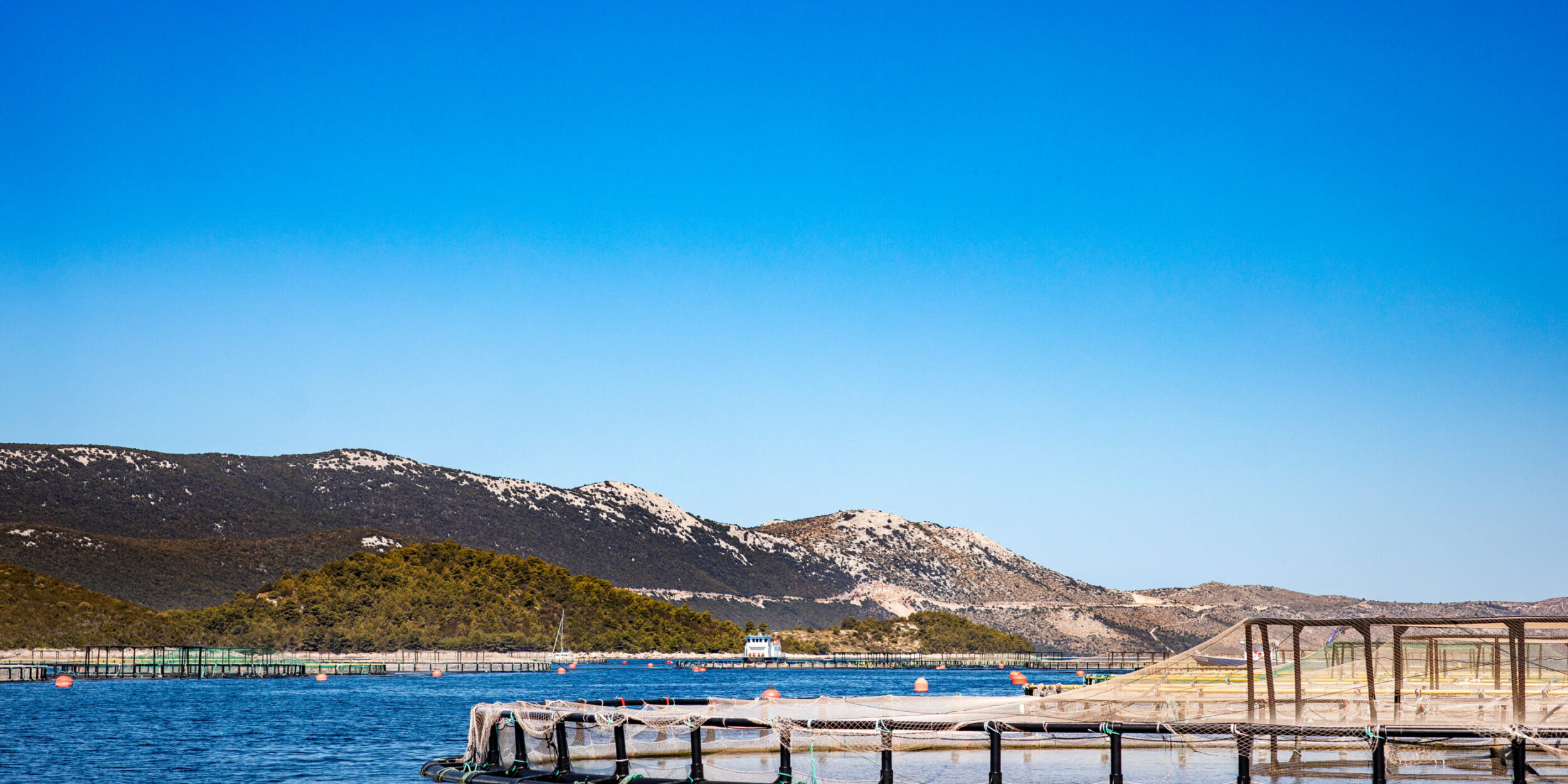
Can Responsible Aquaculture Benefit U.S. Climate Policy? We Think So
June 11, 2021
As awareness of responsible aquaculture’s wide-ranging benefits increases in the U.S., ASC is moving the conversation forward in more ways than one – particularly when it comes to climate change.
This May, ASC added its voice to a growing chorus of U.S. advocates imploring the Biden Administration to make responsible aquaculture part of its efforts toward achieving net zero carbon emissions by 2050. In a letter addressed to President Biden and Cabinet officials, as well as the U.S. House and Senate, ASC joined over 70 nonprofit organizations, scientists and industry leaders urging consideration of responsible aquaculture production as a tool to feed a growing population while also mitigating climate change.
‘Holistic Approach’
“According to the United Nations, human population is projected to reach 9.7 billion by 2050 and the global demand for healthful animal protein will rise by as much as 88 percent,” reads the letter, which was authored May 20, 2021 by the U.S. industry coalition Stronger America Through Seafood. “Well-managed marine aquaculture development could increase the resiliency of our food systems to future environmental, social, and economic shocks, including the impacts of climate change.”
The authors highlight responsibly farmed seaweed as an aquaculture practice with the potential to contribute toward protecting and restoring critical ecosystem functions, including improved sequestration and storage of carbon. In addition to addressing environmental concerns and the crucial need to source protein responsibly as populations grow, the letter notes that prioritizing the American seafood community will support further economic opportunities and serve as “part of a holistic approach to a more diverse, sustainable food strategy.”
The full letter can be found here.
Beyond Borders
While the letter does not include specific legislative requests, it is one of several efforts ASC has undertaken to expand discussions about responsible aquaculture in North America. The potential for aquaculture to provide food with a lower carbon footprint is significant as the Biden Administration prepares to tackle ambitious environmental policy changes. Yet the issue of climate change extends far beyond borders.
This is where an exciting new project enters the picture. ASC’s local advocacy will soon be backed by a global initiative aimed to help aquaculture producers measure, track and reduce their greenhouse gas (GHG) emissions. Our industry-leading certification standards encourage the highest accountability and the new GHG project marks a pivotal move to address climate change. This undertaking will improve the ASC requirements on GHGs and help to ensure that a responsible aquaculture industry can provide high quality food options in a carbon-constrained world.
For aquaculture to be a viable solution in the journey toward a cleaner, healthier planet, it must be done responsibly. That is why ASC continues to expand its reach through education, conversation and innovative programs across the globe.
What Can I Do?
You don’t need to be the U.S. President to make a difference when it comes to improving the world’s food systems. By purchasing seafood with the ASC logo you can directly reward responsible farmers, and incentivize others to follow their lead.

